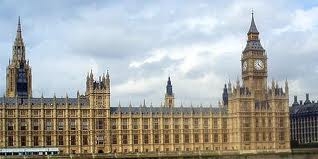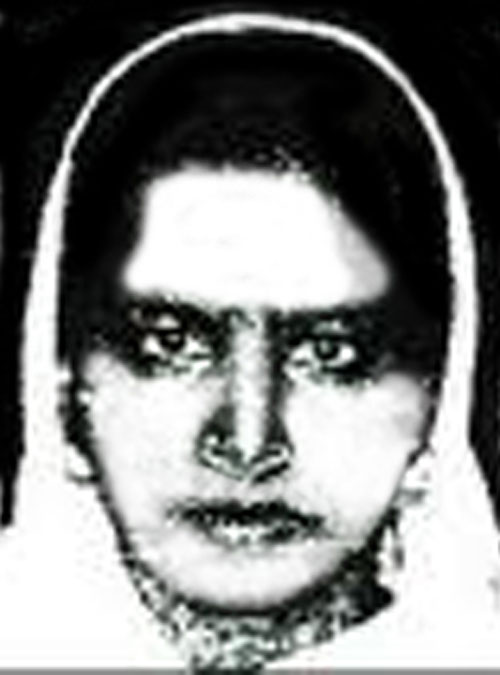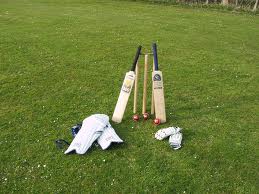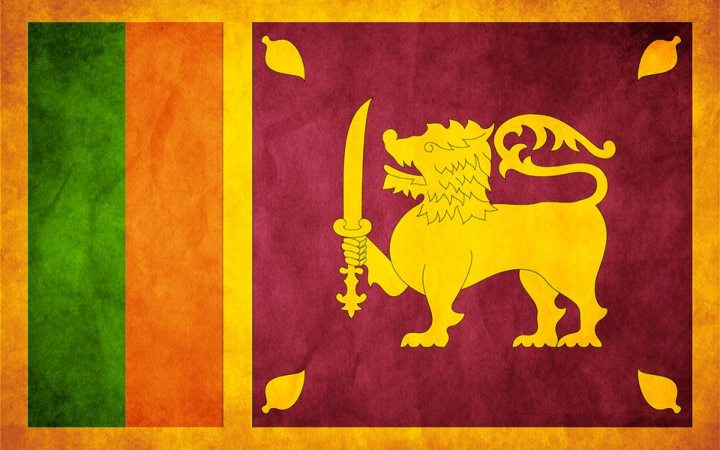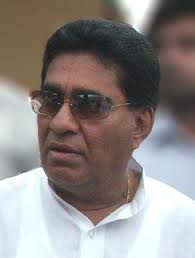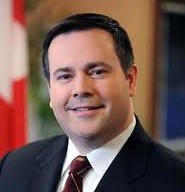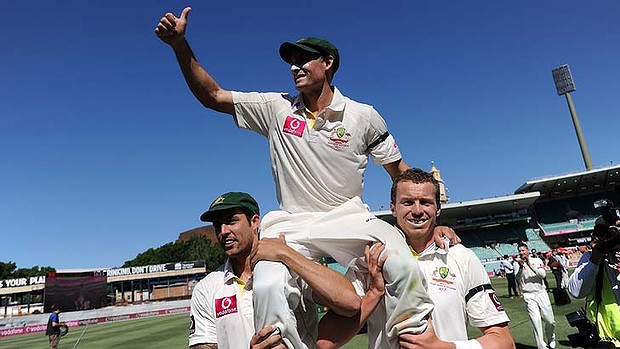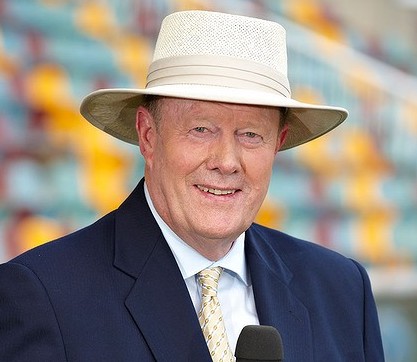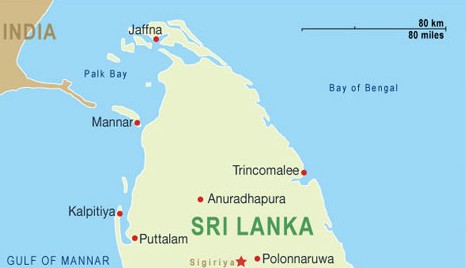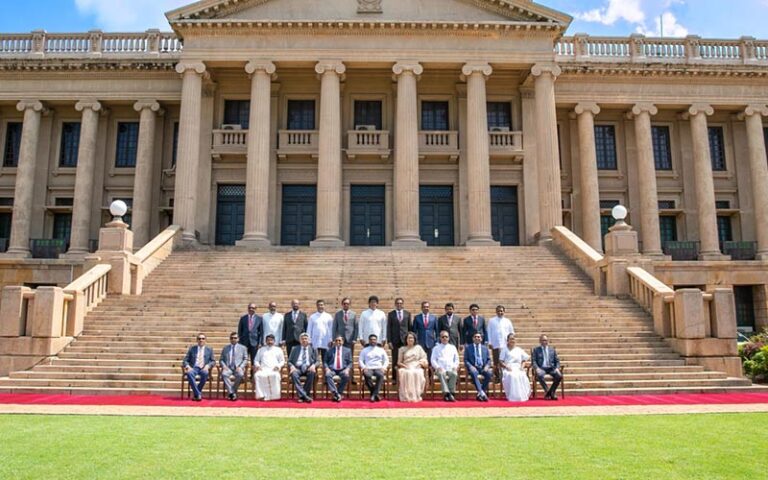The International Commission of Jurists ICJ condemned the decision of Sri Lanka’s parliament today to impeach the...
SriLankansPuwath
Britain has condemned the execution of a Sri Lankan domestic worker in Saudi Arabia as “cruel and...
සෞදියේ දමාම් නගරයේ සේවය කළ රිසානා නµSක් නමැති ශ්රී ලාංකික තරුණියගේ ගෙල සිඳ මරා දැමීමත් සමඟ කම්පාවට...
Opener Phil Hughes became the first Australian to score a century on his one-day international debut as...
By Janaka Alahapperuma Jan 9, 2013 Northern Ireland parliamentarian for North Antrim from Democratic Unionist Party (DUP)...
කැලණිය ප්රාදේශීය සභා මන්ත්රී හසිත මඩවල මහතා වෙඩි තබා ඝාතනය කිරීමේ සිද්ධිය සම්බන්ධයෙන් ඇමැති මර්වින් සිල්වාගෙන් අපරාධ...
Members of Sri Lanka’s Parliament should reject the impeachment motion to remove Chief Justice Shirani Bandaranayake, that...
අගවිනිසුරු ආචාර්ය ශිරාණි බණ්ඩාරනායක මහත්මියට එරෙහි දෝෂාභියෝගය විමසා බැලූ කාරක සභා වාර්තාව සම්බන්ධයෙන් විවාදය කලින් යොදාගත් පරිදි...
Police said that a personal dispute between Kelaniya Pradeshiya Sabha member Hasitha Madawala and the five suspects...
Northern Ireland parliamentarian for North Antrim from Democratic Unionist Party (DUP) Ian Paisley Jr said that Sri...
සෞදි ආරාබියේ හාම්පුතාගේ නිවෙසේදී මාස හතරක දරුවකු මැරීයැයි මරණ දඩුවම නියම වූ මුත්තූර්හි රිෂානා නෆීක් ශ්රී ලංකා වේලාවෙන්...
ශ්රී ලංකා ක්රිකට් පිලේ ජ්යෙෂ්ඨ ක්රීඩකයන්ගේ ඒකාධිකාරය බිඳ දමා නවක දක්ෂ ක්රීඩකයන්ට ඉදිරියට පැමිණිය හැකි නව සංස්කෘතියක්...
පුහුණුකරු තේරීමේ අවසන් වටයට බ්රසීලය, ජපානය සහ ඕලන්දයෙන් ලබන මාර්තු මස පැවැත්වෙන ආසියානු පාපන්දු සම්මේලන කුසලාන සහ...
Minister of Sport Mahindananda Aluthgamage, has decided to pay special allowances to highly talented sportsmen and women...
Sri Lanka lost four rating points after losing the test series 3-0 to Australia. At the start...
කැලණිය ප්රාදේශීය සභා මන්ත්රී හසිත මඩවල මහතා කෲර අන්දමින් වෙඩි තබා ඝාතනය කිරීමේ සිද්ධිය පිළිබඳ සියලු තොරතුරු...
The Divi Neguma Bill was passed in Parliament yesterday with amendments by a majority of 107 votes....
External Affairs Minister G.L Peries said the statements made by the visiting Canadian Minister Jason Kenney were...
65th independence day celebration on 2nd of February at Lampton school Hounslow.
Duruthu full moon poya Sill Programme will be held on 27th of January at Athula Dassana International Buddhist Temple Heathrow.
High lights of new year celebration at Athula Dassana International Buddhist Temple.
You are cordially invited to attend a meditation session conducted By Dr. Sumana Perera at the London...
ප්රේම සම්බන්ධතාවක් බිඳී යැම නිසා කෝපයට පත් වූ පොලිස් කොස්තාපල්වරයකු ඊයේ (07 වැනිදා) පෙරවරුවේ කොළඹ කොටුව ටෙලිකොම්...
“ජනාධිපතිතුමනි, කැලණියට මර්වින් සිල්වා එපා, මර්වින් සිල්වා කැලණියෙන් ඉවත් කර කැලණිය බේරා දෙන්න” යෑයි සාහසිකයකුගේ වෙඩි ප්රහාරයෙන්...
Visiting Canadian Minister of Citizenship, Immigration and Multiculturalism, Jason Kenney today expressed concern over accountability, human rights...
අගවිනිසුරුවරියට වත්මන් ආණ්ඩුව පෙරළිය නොහැකි බැවින් තමන් උසාවි ගොස් කාලය නාස්ති කර නොගත් බව විපක්ෂ නායක රනිල්...
The Court of Appeal a short while ago issued a writ quashing the Parliamentary Select Committee report...
President Mahinda Rajapaksa requested in writing to the Saudi Arabia King to release Rizana Nafeek who faces...
Public Relations and Public Affairs Minister Mervyn Silva at a news conference on Friday referred to certain...
There’s no doubt that Lahiru Thirimanne is one of the best talents in the country and should...
Shortly after helping guide Australia to victory in the Third Test, Michael Hussey made it clear being...
ඔහු දැන් මිය ගොසින්ය. යළිත් ඔහු අප ඉදිරියේ සජීවී ක්රිකට් විස්තර විචාරයේ නොයෙදෙනු ඇත. ඒ ප්රතාපවත් මනා...
පාර්ලිමේන්තුවේ කටයුතු සම්බන්ධයෙන් තුන්වන පාර්ශ්වයක් මැදිහත්විමට නීතිමය බලතල නැතැයි නියෝජ්ය කතානායක චන්දිම වීරක්කොඩි මහතා අවධාරණය කරයි. එම...
තායිලන්තයේ බැංකොක් නගරයේ සුපිරි හෝටලයකදී ගැටුමක් ඇතිකරගත් ශ්රී ලාංකික ව්යාපාරිකයන් 16 දෙනකු එරට පොලිසිය මගින් අත්අඩංගුවට ගෙන...









